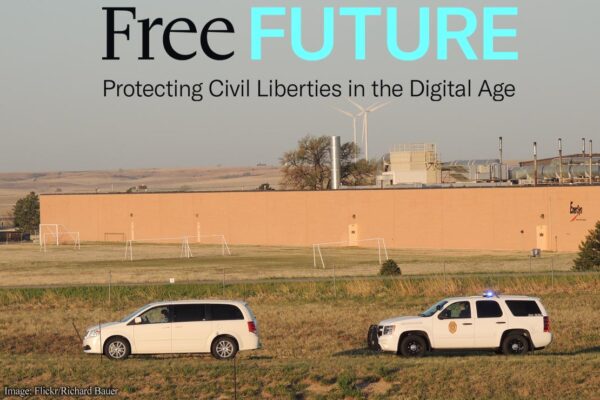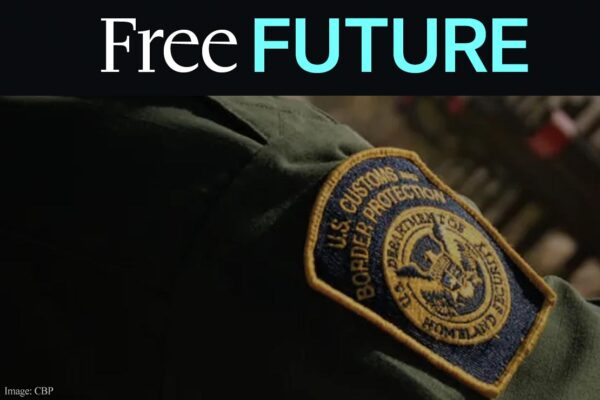ACLU Moves To Block Filtering Law
FOR IMMEDIATE RELEASE
CONTACT: (212) 549-2666; media@aclu.org
The Associated Press reported that the American Civil Liberties Union plans to fight new legislation requiring all schools and public libraries that accept federal money to use Internet filtering software. The filtering law was attached to the federal budget bill and passed in an eleventh-hour push by the lame-duck Congress to tie up the year's loose ends.
The ACLU's planned legal challenge will test President-elect George W. Bush's administration's palate for taking on the controversial issue since the Bush Justice Department will have to defend the bill in court, the wire reported.
The highly controversial bill was opposed by a coalition of the ACLU, other civil liberties groups and conservative Christians. The law mandates that Internet-connected computers be equipped with software that is supposed to block or filter out material deemed obscene or ""harmful to minors."" But the law's critics say that such blocking software is deeply flawed and provides a false sense of security because it cannot block 100 percent of so-called ""objectionable"" material.
""This is the first time since the development of the local, free public library in the 19th century that the federal government has sought to require censorship in every single town and hamlet in America,"" Chris Hansen, a senior staff attorney for the ACLU, told AP. ""More than 100 years of local control of libraries and the strong tradition of allowing adults to decide for themselves what they want to read is being casually set aside.""
Filtering programs contain encrypted ""blocked"" lists that consist of a database of sites someone or some team of people decided are inappropriate. Other filtering programs block sites based on a list of ""objectionable"" keywords. Critics of filtering software, on all sides of the political spectrum, say that the technology's arbitrary nature is troublesome because it ends up blocking access to Web sites that it shouldn't.
The ACLU has made successful challenges to similar Internet censorship laws, including the Communications Decency Act, Children's Online Protection Act and several state measures.
Source: The Associated Press, December 19, 2000



